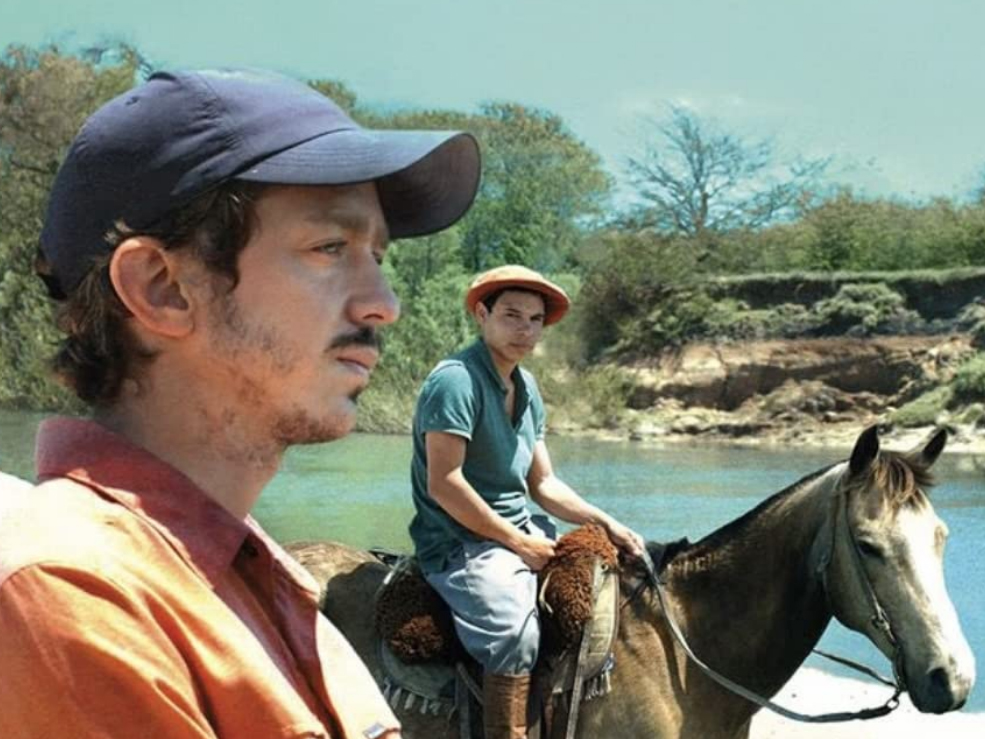
- Golden Globe Awards
The Employer and the Employee (Uruguay)
Uruguay´s rural economy has been in crisis since 2002. Its traditional livestock labor force has to migrate in search of work. The landowners, in turn, must transform their lands into agribusinesses and soy plantations. That is the case of Rodrigo´s family.
Rodrigo (Nahuel Pérez-Biscayart) inherits the position of foreman at the ranch owned by his father (Jean Pierre Noher). He is now the problem-solver whenever profits are at risk.
This is what happens when harvest time comes and there is a lack of drivers to work the tractors in the fields. Rodrigo has no choice but to find a solution by any means possible. He hires Carlos (Cristian Borges), the teenage son of a worker who earns his living on Rodrigo´s vast estates.
Rodrigo, the employer, is a young man from a bourgeois family who does not fit the traditional stereotype of a rural producer. Carlos, the employee, is even younger and he has no experience whatsoever working with a tractor – he doesn’t even carry a driver´s license. They live parallel lives in many ways. Both have significant concerns: Rodrigo, the health of his baby; Carlos, supporting his new family.
Eventually, a friendship based on mutual respect and understanding develops between them. Until tragedy strikes. Their relationship becomes tainted by guilt and greed.
The Employer and the Employee is the third feature film of Uruguayan writer/director Manuel Nieto Zas (La Perrera and El lugar del hijo). This time, Nieto observes the connection between two young people and their tortuous relationship with freedom, work, and happiness.
Set in rural Uruguay, which Nieto continues to be fascinated with, the film also focuses on the age-old tradition of weekend horse races in which the rich and poor compete. “The horse symbolizes freedom and the rupture of their relationship”, Nieto explained to Variety during the San Sebastian Film Festival.
When looking for Rodrigo, Nieto wanted to build a manager-boss who conveys a certain fragility, someone with doubts and who doesn’t fit the traditional stereotype of a rural businessman. He found him in Argentine actor Nahuel Pérez Bicayart. “It couldn´t be someone with an imposing physique or great stature. His eyes helped me a lot,” said Nieto about his choice of actor.
Is there is a thread to be found among his films? Nieto sees several: “The protagonists are male, the father figure is always present. They deal with youth at different stages and weights of responsibility; and, invariably, touch on the concept of legacy and identity”.
This social thriller, shot in wide-screen format by Uruguayan cinematographer Arauco Hernandez, began its journey at the Cannes´ Directors´ Fortnight after winning development prizes in Toulouse, Mar del Plata, and San Sebastian.